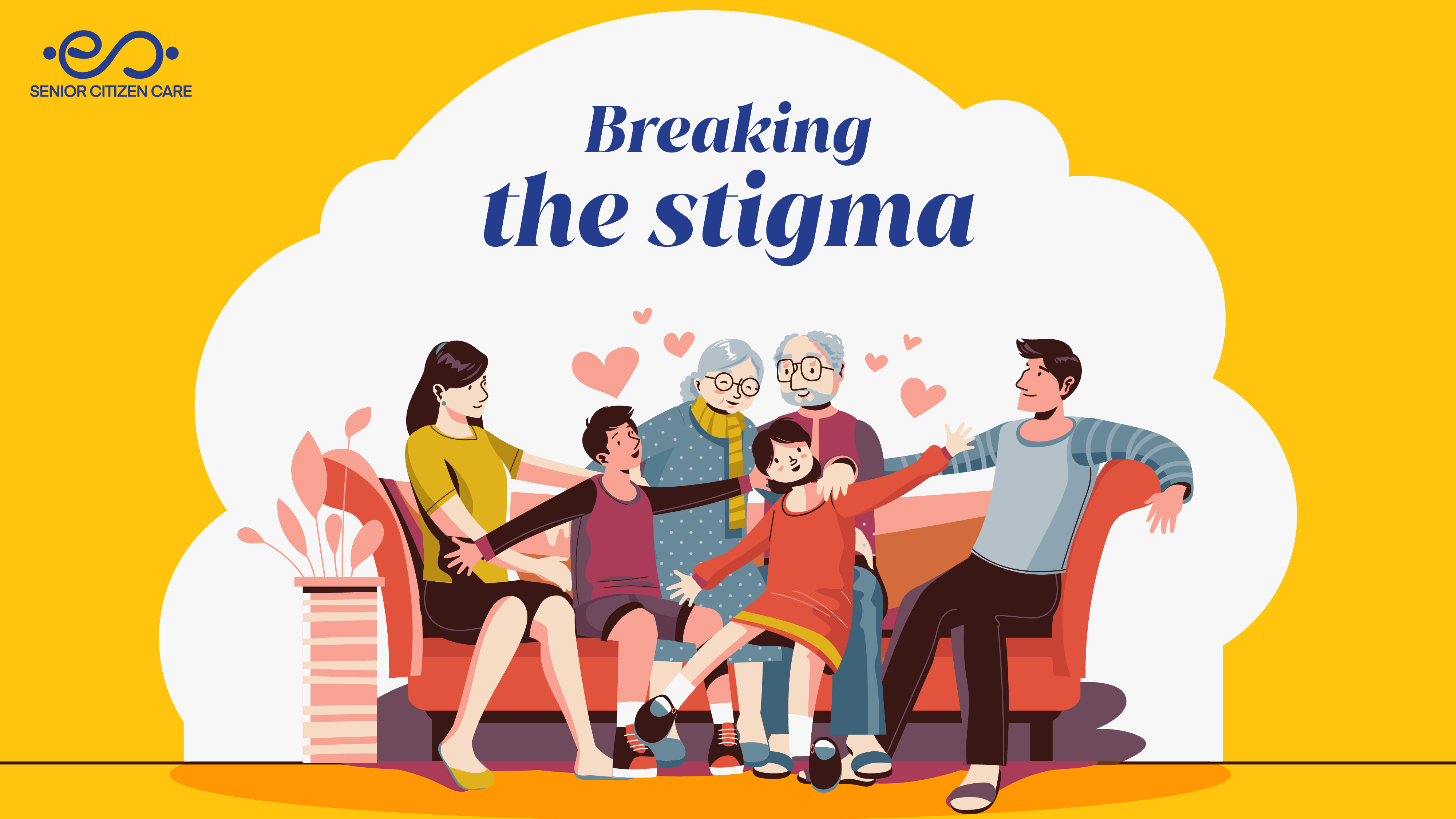Breaking the stigma: Why Professional Senior Citizen Care Is a Choice for Dignity, Not
Neglect
In today’s fast-changing India, the traditional joint family model is gradually making
way for nuclear households, rapid urban migration, and demanding professional lives.
Amidst these transitions, one topic often met with hesitation is senior citizen care.
In many Indian families, the idea of seeking professional elder care is weighed down by
guilt and societal judgment. It’s often seen as neglect or a last resort when families
“can’t manage.” But it’s time to rethink that narrative.
Professional senior citizen care is not abandonment. It’s love expressed through
dignity, safety, and thoughtful support.
Addressing the Cultural Perception
Challenging the Myth: “If You Love Them, You Must Care for Them Yourself”
One of the strongest misconceptions in Indian culture is that turning to external help
means failing your elders. We're used to holding up the image of a multigenerational
household where care happens within the family.
But real life is evolving. Families are spread across cities and countries. Work
schedules are packed. Even the most loving families struggle to provide consistent,
hands-on care.
Opting for professional elder care doesn’t mean you're less caring—it means you’re
practical, responsible, and prioritizing your loved one’s needs.
Trained caregivers offer more than medical aid. They bring companionship, manage chronic
health conditions, and ensure round-the-clock safety—services most families simply don’t
have the resources or training to provide on their own.
How Expert Care Makes a Difference
-
Personalized attention: Geriatric professionals understand the unique physical,
emotional, and mental needs of elders, tailoring care plans for conditions like
dementia, reduced mobility, or recovery post-surgery.
-
Medical expertise: Trained nurses and therapists ensure that health issues are
promptly addressed, reducing hospital visits and complications.
-
Safety and hygiene: Properly designed facilities and skilled caregivers reduce the
risk of accidents, infections, and neglect.
A 2024 survey by NITI Aayog* conducted across major Indian cities found that seniors
receiving professional care at home or in senior living communities reported higher
levels of satisfaction, greater independence, and better emotional health compared to
those relying solely on informal family support.
Supporting, Not Replacing, Family Bonds
Contrary to the misconception that professional care replaces family involvement, it
actually frees families to focus on meaningful, quality interactions rather than being
overwhelmed by the pressures of daily caregiving.
-
Time for bonding: With expert caregivers handling day-to-day needs, family members
can spend time with elders engaging in activities that foster connection, sharing
stories, celebrating festivals, or simply enjoying each other’s company.
-
Reduced stress: Family caregivers, often juggling multiple responsibilities, are
relieved of burnout and guilt, creating a more positive atmosphere for everyone
involved.
-
Shared partnership: Professional care services encourage families to remain
involved, making collaborative decisions and maintaining open lines of communication
regarding their loved one’s wellbeing.
-
Choosing Dignity, Empowering Elders:
Ultimately, opting for professional care is an act of empowerment, a declaration
that our elders deserve not just to be “looked after” but to live with dignity,
independence, and joy in their golden years.
It is time India embraces this evolving narrative and supports decisions that prioritize the well-being of our seniors, free from outdated stigma.
Let us recognize that making the right choice for professional senior citizen care service is, at its very core, a choice for compassion, respect, and the preservation of family unity in a changing world.
*Source: NITI Aayog’s 2024 paper on Senior Care Reforms in India: Reimagining the Senior Care Paradigm,” released February 2024
